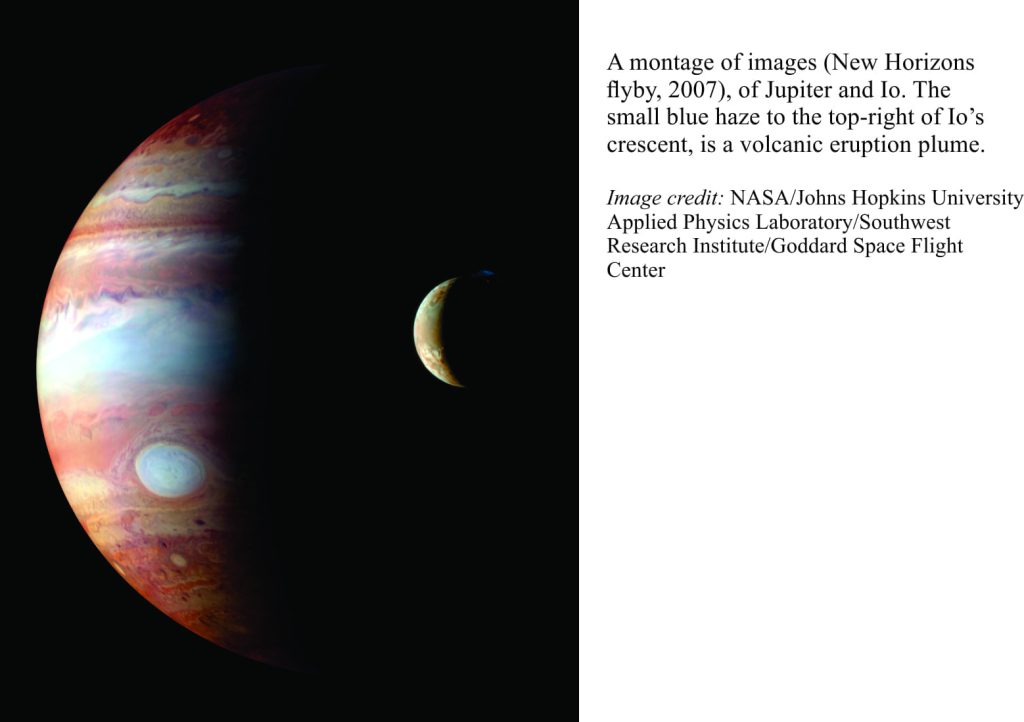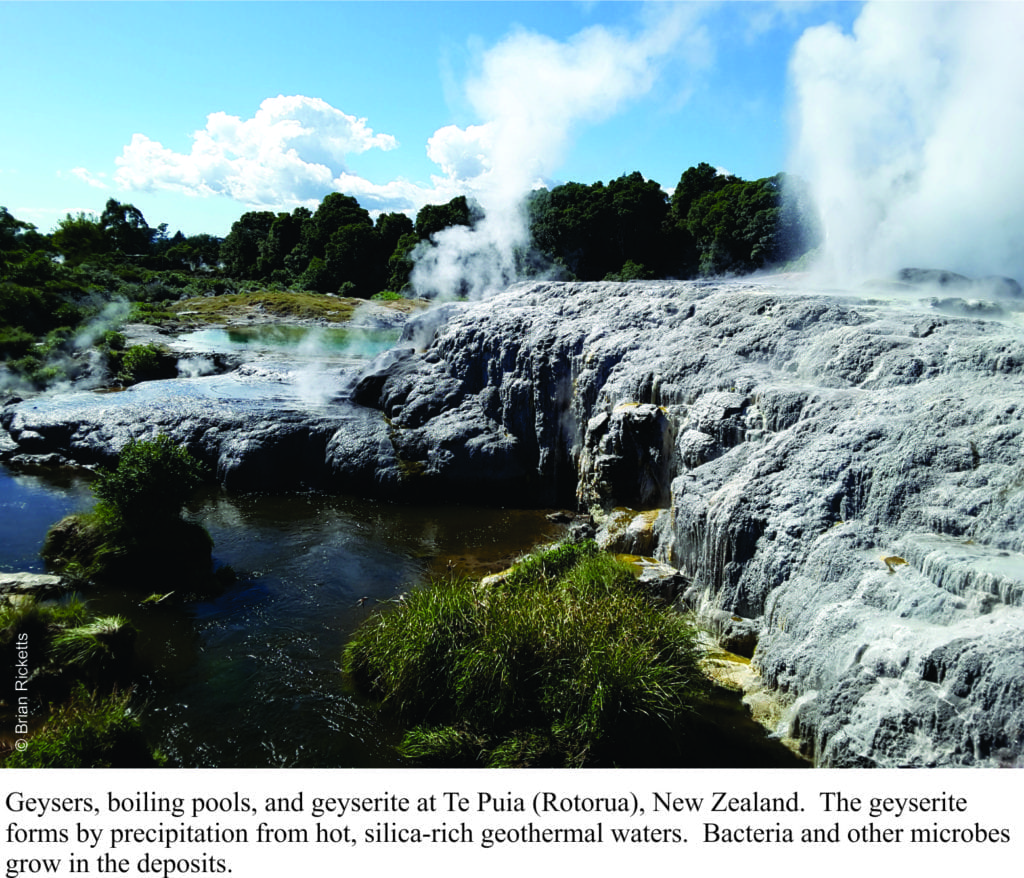Zeus, the head-honcho of assorted Greek gods, heroes, nymphs, and mortals, was chiefly the God of the Sky, or Heavens. One of his minor portfolios was the upholding of Honour, but as mythology relates, he didn’t put much energy into that particular task; he was a philanderer, much to the annoyance of his own wife, Hera (I guess his energies were directed elsewhere). One such misdirection was Io, a mortal woman, who had the misfortune to be turned into a heifer by Zeus, to hide the infidelity from Hera. Io’s memory now survives as a planetary body; one of the Galilean moons of Jupiter is named after her (to be named a moon of the Roman God Jupiter, seems like a historical slap in the face to the Greek deity). Continue reading
Tag Archives: Jupiter
Extreme living conditions; the origin of life and other adventures
Extremophiles – life forms that live in really hazardous conditions.
Extreme events are fascinating. Extreme sports may give us a vicarious thrill, at least until something goes awry at which point we might comment about the foolishness of the act. Extremes in the natural world are the stuff of movies; asteroids, tsunamis, tornadoes, plagues. Perhaps our morbid fascination with such events derives from the realization that they can be real.
Over the last 2-3 decades, science too has developed a fascination for extreme living, for creatures that happily thrive in conditions that most other life forms, including us, would find inclement. They are extremophiles, life forms like bacteria, algae and small critters that can endure extremes of temperature, pressure (e.g. deep sea black smokers), radioactivity, darkness, low levels of oxygen, high acidity or alkalinity, and even lack of water. The variety of extreme environments in which these life forms have evolved is, from a scientific perspective, quite stunning in that it provides us with many different analogues for our quest to understand the origin of life on earth, and whether life can exist on other planets. A few examples are noted below. Continue reading


